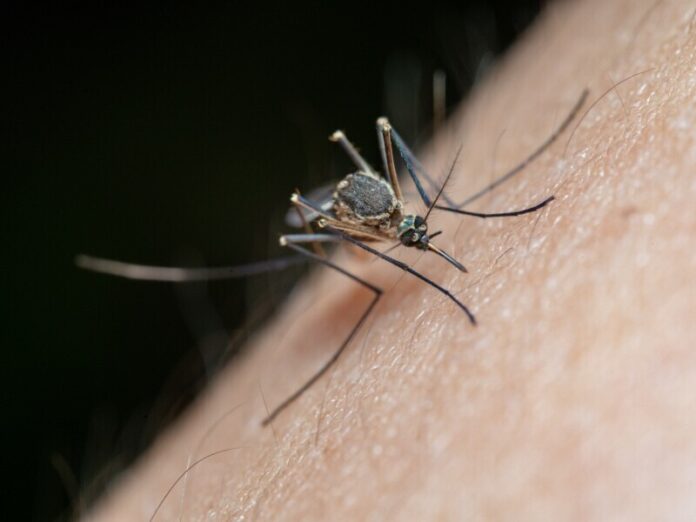The Metro Public Health Department announced on August 11 that it has detected widespread West Nile Virus in Davidson Country through testing by its Pest Management Division. Of the 40 surveillance sites across Nashville, 30 sites have returned at least one pool positive with West Nile Virus since testing began in May. No local human cases have been reported.
Steps to reduce mosquito breeding areas include:
- Reducing or eliminating all standing water in your yard – especially in children’s toys, bird baths, clogged gutters, tires, flowerpots, trashcans, and wheelbarrows.
- Aerating ornamental pools or stocking them with Gambusia fish, which feed on mosquito larvae.
- Applying mosquito dunks (larvicide) in standing water areas on your property.
- Cutting back overgrown vegetation, where mosquitos can easily hide.
Health officials also recommend taking personal protective measures to help prevent mosquito bites, including:
- Limiting time outdoors at dusk and nighttime hours when mosquitoes are most active.
- Wearing a mosquito repellent approved for use by the CDC, including products that contain DEET, Picaridin, and Oil of Lemon Eucalyptus.
- Wearing shoes, socks, long sleeve shirts and pants when outdoors during dusk to dawn when mosquitoes are most prevalent. Clothing should be light colored and made of tightly woven materials to keep mosquitoes away from the skin. Pant legs should be tucked into shoes or socks, and collars should be buttoned.
- Making sure windows and doors have screens in good repair.
The Health Department’s Pest Management staff sends fliers to residences in the impacted areas with steps to protect against biting mosquitoes and reduce standing water where mosquitoes can lay eggs. This is in addition to Pest Management revisiting these areas and setting additional traps, monitoring areas of standing water, and applying larvicide if mosquito larvae are present. The Health Department does not spray to kill adult mosquitoes.
The Health Department began trapping mosquitoes in May and sending them to be tested at the Tennessee Department of Health’s lab.
Anyone seeking more information about mosquito control in Davidson County may call 615-340-5660. Information is also available at Public Health Department Pest Management Services.
Please join our FREE Newsletter



















